I am often asked, “Are potatoes Paleo?” You’ve probably heard contradictory advice when it comes to white potatoes.
Originally, white potatoes were a no-no on the Paleo diet, though several experts have revised their opinion on this topic.
Some say that white potatoes are fine for those who don’t have problems with nightshades and/or are not trying to manage your blood sugar or lose weight. Others remain steadfast that white potatoes aren’t good for anyone. So who do you trust?
Want to go Paleo? Not sure where to start?
Start with this FREE Paleo For Beginners Guide Today!
Are White Potatoes Paleo?
The biggest issue when it comes to a strict Paleo diet is that, well, white potatoes just aren’t Paleo. They are a product of the Neolithic age and our Paleo ancestors wouldn’t have eaten them because they just weren’t around. On the other hand, if they WERE around, yes, they probably would have eaten them. Here’s the thing: do you eat tomatoes? Tomatoes are also nightshades and weren’t around in Paleo times. If you don’t eat white potatoes based on the fact that they aren’t Paleo, then you should also avoid coconut oil, coconut flour, bacon, and all other processed foods. This includes those “Paleo-ified” desserts!
The “For” Side
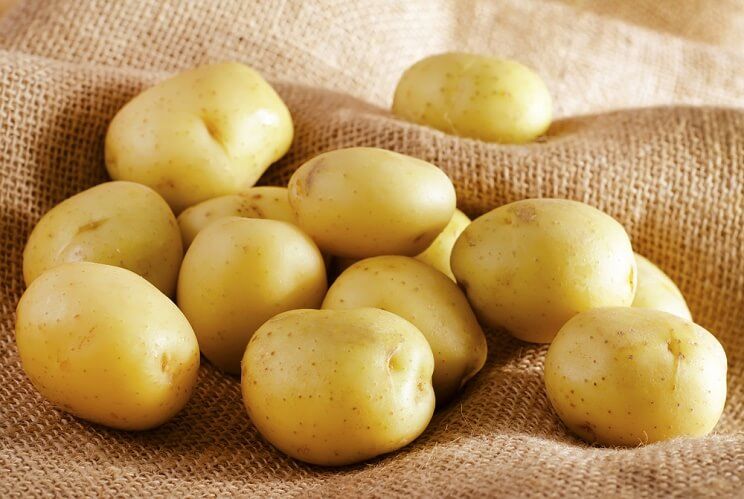
Potatoes are whole, real foods that you don’t really have to do much to in order to make them edible. They are extremely versatile and can be eaten plain or in soups and stews, or in a variety of other ways. If you’re in need of a high-starch meal or a little comfort food, potatoes are an obvious pick.
Nutritionally Speaking
Potatoes are in the nightshade family along with eggplants, peppers, tomatillos, and tomatoes. They are a tuber that provides the nutrients for the above-ground part of the potato plant. If you let a potato plant flower and fruit, it will end up with an inedible fruit that looks like a tomato.
Health Benefits
Unless you’re eating your potatoes deep-fried as potato chips or French fries, potatoes are actually very healthy for you. They are fairly low-calorie, high in fiber, and help protect against cancer and cardiovascular disease. They’re high in vitamins B6 and C, copper, manganese and potassium. They’re also high in phytonutrients like caffeic acid, carotenoids, and flavonoids. In total, they have more than 60 different vitamins and phytochemicals! [tweet_quote] White potatoes are low-calorie and high in fiber, but aren’t technically Paleo.[/tweet_quote]
Researchers at the UK Institute for Food Research have found that potatoes also have kukoamines, which lower blood pressure.
Micronutrients
One baked potato (173 grams) holds 27% of the daily recommended intake for vitamin B6. B6 is essential in the proper function of many reactions within the body, is essential in the proper function of the nervous system, and helps protect the cardiovascular system. In addition, if you’re an athlete, potatoes are great for you: the B6 is required to help your body break down glycogen, which is essential in athletic endurance and performance.
That same baked potato also has 15.2% of the daily recommended intake of fiber, but most of that is in its skin. If you want the fiber benefits, choose organic potatoes so you can safely eat their skins. In fact, choose organic no matter what: potatoes are on the Dirty Dozen list compiled by EWG.
In addition, you’ll get almost 28% of the daily recommended intake of vitamin C, 21% of the RDI of tryptophan, 26% of the RDI of potassium, and 19% of the RDI of manganese.
Macronutrients
If you just compare grams of carbohydrates, sweet potatoes and white potatoes are very similar. Seven ounces of sweet potatoes has around 49 grams of carbs while seven ounces of white potatoes have around 51 grams of carbs. They are also very similar when it comes to calories: 208 for seven ounces of sweet potato and 220 calories for the same amount of white potato.
The “Against” Side
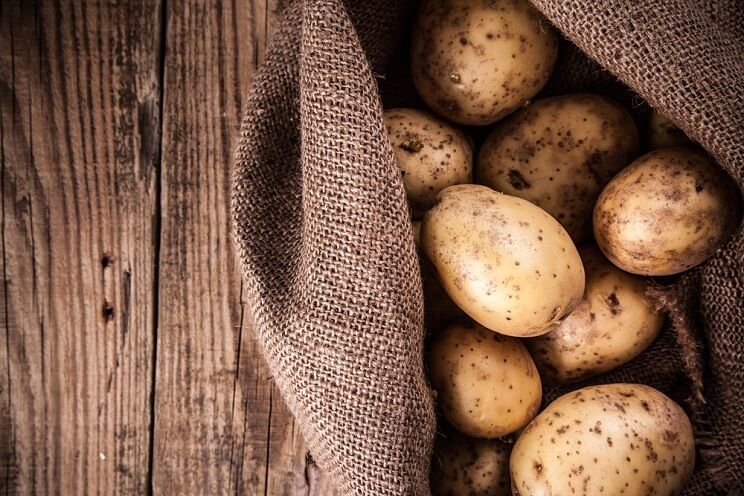
Metabolism
Unfortunately, a lot of people can’t process the carbs properly because of their metabolic status and health. If you’re a couch potato (no pun intended), or have a damaged metabolism, then you should avoid white potatoes and all other dense carb sources. If you do choose to eat them, you’re more likely to just gain more weight and do more damage to your system.
Who Should Eat Them?
There’s a specific group of people who should have no troubles eating white potatoes: those who are athletic or otherwise satisfied with their body composition. These people must also not have problems with nightshades.
If you don’t fall into that group, then you should definitely keep white potatoes off the menu.
What are your thoughts on potatoes? Are they Paleo?
(Read This Next: 10 Healthy, Gluten-Free Food Swaps)


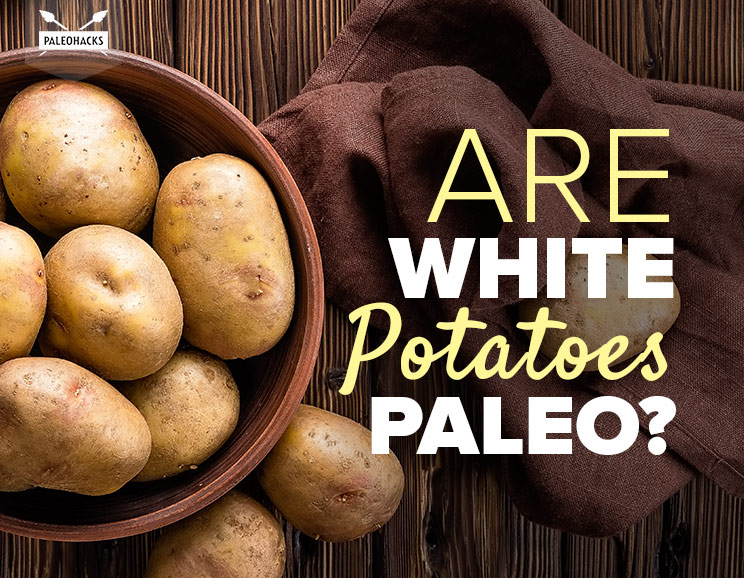

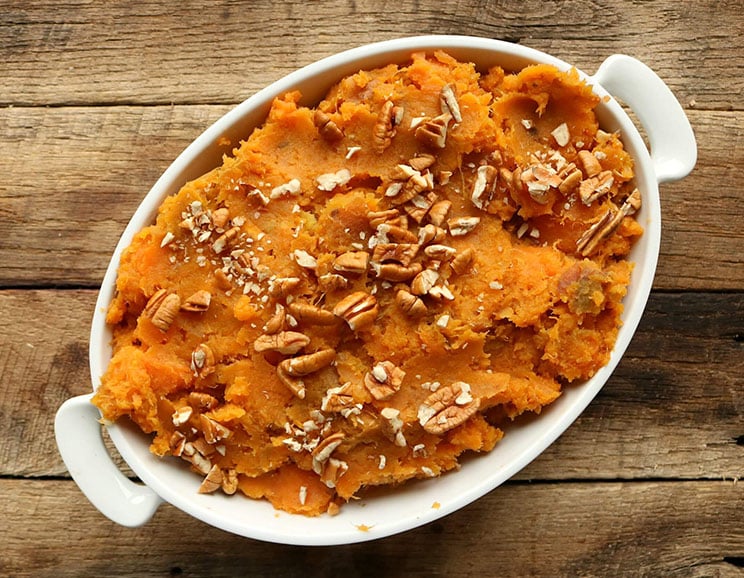
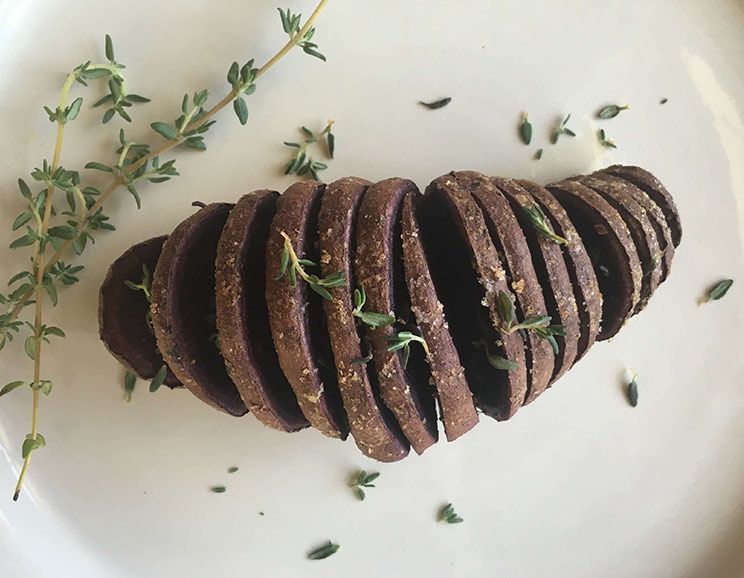



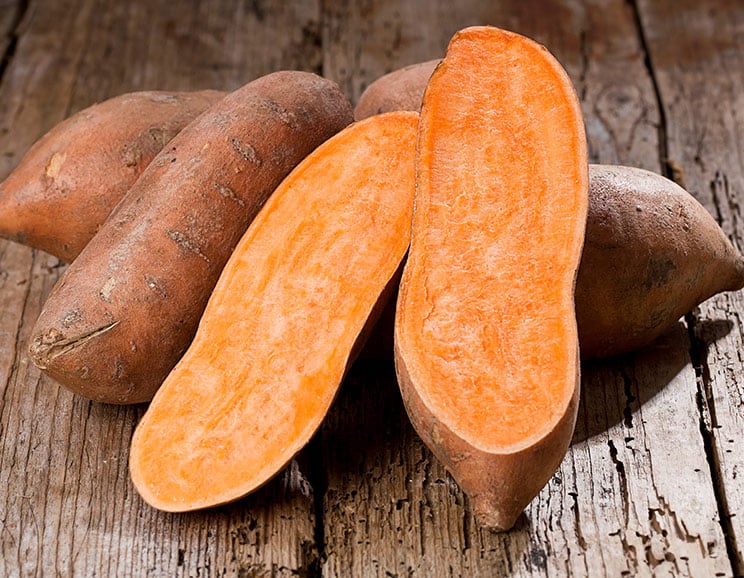


Show Comments